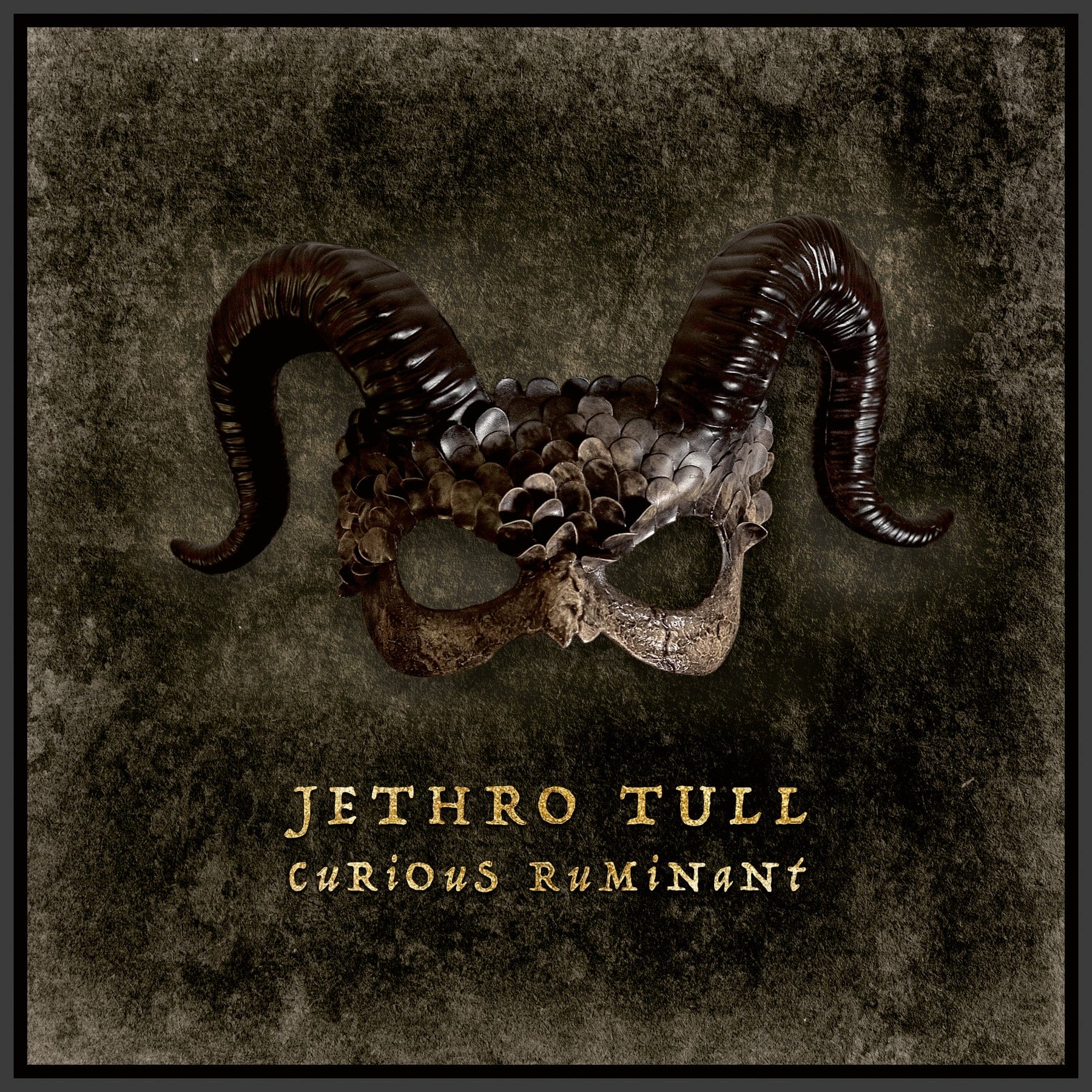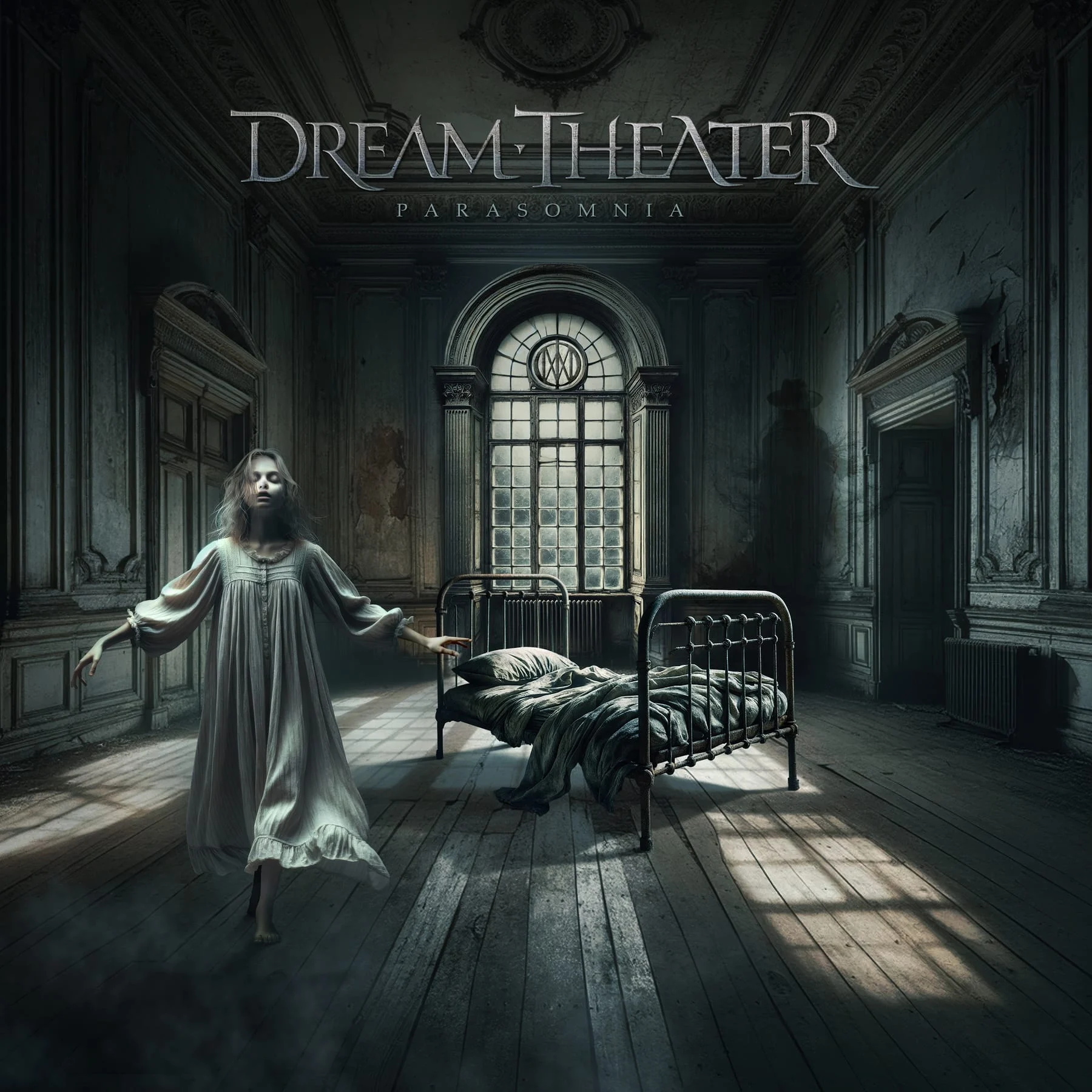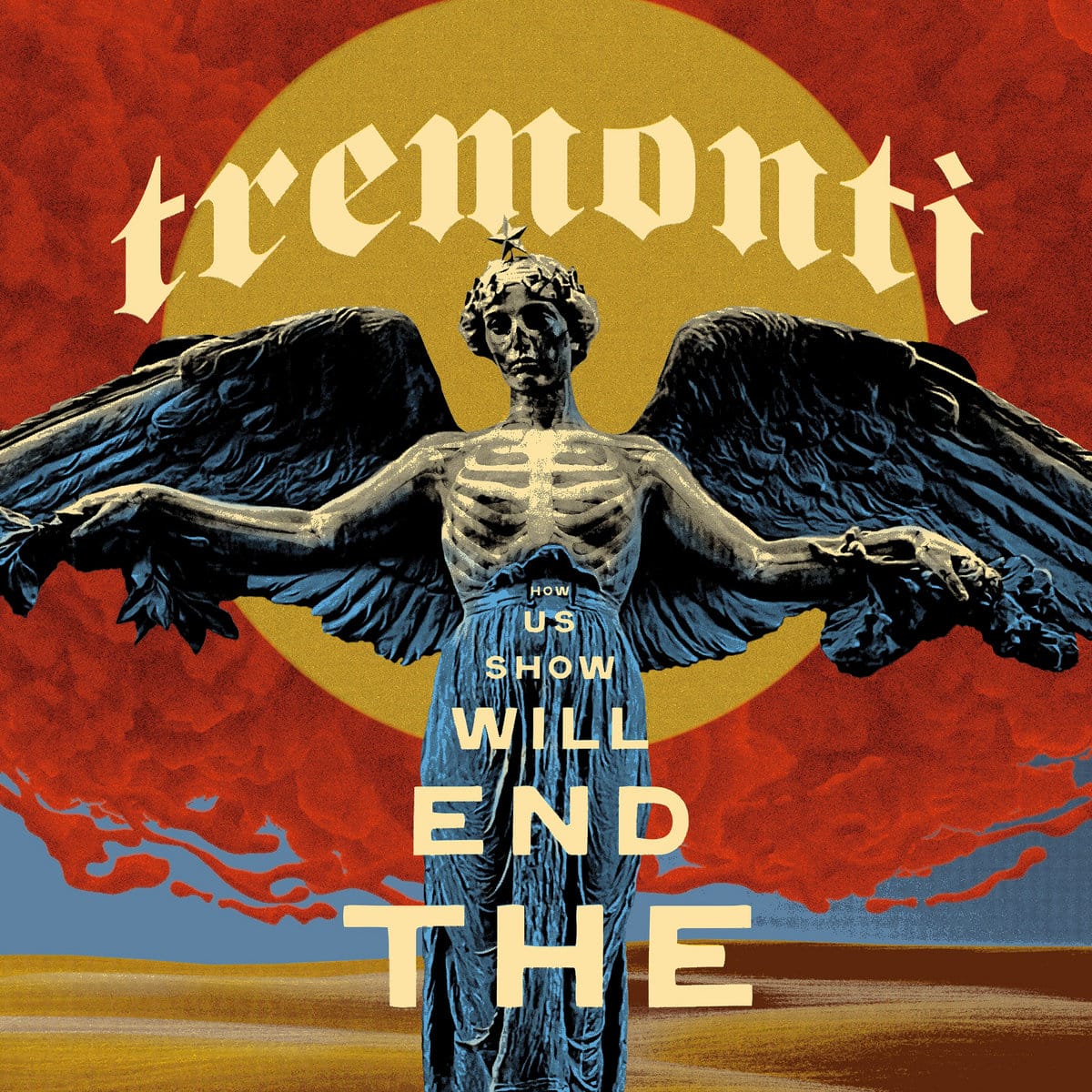Jethro Tull, the band led by Ian Anderson, has released their new album, “Curious Ruminant”. It’s the 24th record in a career that’s anything but brief. No big surprise here: the lineup consists of relatively recent additions, with Anderson [vocals and flute] as the sole original member.
In fact, the band was officially on hiatus for a decade, and it wasn’t until 2022 that Anderson decided to bring it back, pulling in members from his own solo band. That’s when they dropped their first album of entirely new music in 20 years.

So, what does this new release sound like? First off, it’s worth remembering that Jethro Tull’s music, with its blend of rock, folk, and heavy emphasis on the flute, has never been for everyone. But for those who vibe with the band’s sound, you’ll find some seriously well-crafted songs here, echoing the classic Tull albums, especially those leaning more toward the folk side while dialing back the rock edge, much like “Songs From the Wood.” This amps up an almost surreal, almost pastoral feeling throughout the record.
The flute is everywhere. And, well, it’s pretty clear that no matter how the years have treated old Ian (77), his ability to play the flute is absolutely untouched. I’d say that instrument is basically an extension of his very being.
His voice is unmistakable. It still sounds pretty solid, though it lacks the ferocity and gritty edge of his prime. Maybe the fact that the album’s music leans softer on the rock front is a reflection of this. Could it be that he’s now “too old to rock ‘n’ roll”?

Anyway, critics describe “Curious Ruminant” as a reflective and poetic album, with Ian Anderson’s lyrics diving into manipulation, mortality, and a touch of social commentary, all wrapped in that wild, fantastical madness that defines Jethro Tull.
Tracks like “Puppet and the Puppet Master” and the near-17-minute epic “Drink from the Same Well” blend medieval and mythic imagery with intimate reflections.
And that’s the thing, “Curious Ruminant” feels like an introspective journey. While Anderson often hides behind characters, it’s fascinating to see him here with lyrics that feel deeply personal.
In “Puppet and the Puppet Master,” he describes himself as: “I, the willing puppet, puppet master also.” Someone who “lives to serve others and make them happy, starting with himself.”
Some of my other favorite lines, deeply contemplative, come from the title track:
“Asking ‘Why am I here?’
Answering ‘Why am I anywhere?’
Orbiting construct of Jung and Freud.
Psycho dreaming asteroid.”
It’s the musings of a 77-year-old man reflecting on life.
The album might just be the band’s best work in decades, though Anderson’s dominant presence makes it feel almost like a solo project. Anderson, like a troubadour at twilight, keeps conjuring worlds with his flute and pen, proving that his genius, though calmer, hasn’t lost its mad spark. It’s perfect for anyone craving prog-folk that challenges the mind and touches the soul.
It’s not “Aqualung,” nor does it try to be; here, rock gives way to a gentler progressive folk, as if Anderson, aware of his legacy, chooses to whisper his madness rather than shout it. For Tull diehards, it’s a reminder of why this band remains a singular sonic universe; for newcomers, it’s an invitation to get lost in its glorious weirdness.





